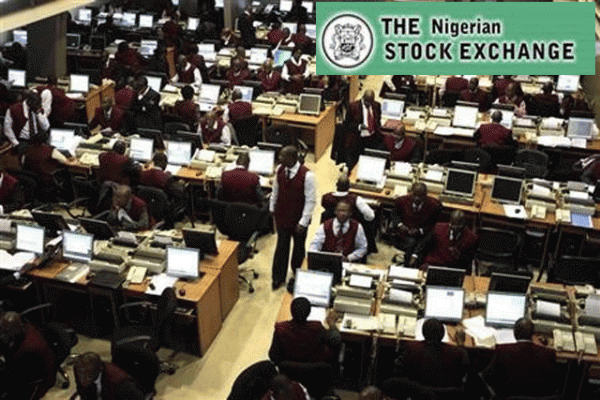Following the electoral victory of Muhammadu Buhari in Nigeria’s 2015 Presidential election, most people in the country as well as the rest of the world nursed high hopes for the new administration.
His party had campaigned on the promise of bringing to an end institutionalized corruption, the menace of violence in the North-Eastern part of the country by the Islamic extremist group – Boko Haram, a plan to redistribute the nation’s wealth widely believed to be concentrated in the hands of a few elites, reduce unemployment for the tens of millions unemployed population (mostly youths) and much more through a massive investment in education, infrastructure, etc., facilitate a rapid economic growth across the Nigeria.
However, with the United States of America back on the list of Crude Oil producing nations with its enormous capacity for highly cost effective drilling, an imminent end to the global oil boom that left its reserve account at over US$25 billion and a nation that had grown weary of some leaders taking from the public’s coffers and not giving back at all: Africa’s largest economy was set to witness one of the worst economic downturns in its history and unfortunately, these realities did very little in aiding the actualization of the governing APC’s campaign promise of ‘change’ – at least not in its first 700 days in power.
Inflation took its toll on virtually every commodity in the country: from rice, gari, kerosene, gasoline, among others. But more significantly on the Nigeria’s currency, the Naira.
In a period of fourteen months, the value of Naira to a dollar rose from an average of 195 per dollar to a stunning 490 per dollar by September 2016.
Now, over the last five months, the world has seen a departure from that devastating economic trend: one that raised the concerns of even the most ardent critic of probably the most powerful black nation on earth.
By the dawn of this June 2017, the country’s stocks consistently appreciated for four consecutive days resulting in a net gain that marks the highest attained in the last 21-months. The banking index rose by 3.24% and while the overall market index by the Friday last week surged by nearly 3.5%.
There are even higher expectations that the Nigerian Market index would grow even higher by the close of the week following the continued fall in the US dollar value.
As usual, there are many who argue that these figures on the stock exchange or economic review reports more often do not translate to better living conditions for majority of the nation’s populace but events in the last two years have proven, particularly as regards the Nigerian Naira, that they indeed are significant to daily economic activities across the country.





